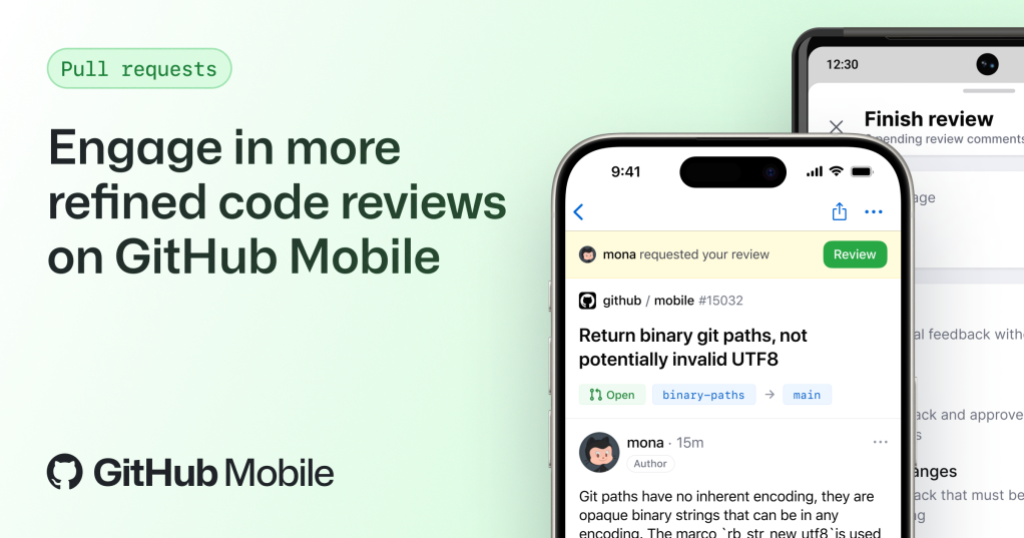Say goodbye to unwanted files cluttering your repos, like *.jar or *.so. And limit who can make updates to sensitive files like your Actions workflows with the public beta of push rules. 🎉
You can now enable a new type of ruleset that allows you to control pushes to repositories based on file extensions, file path lengths, file and folder paths and file sizes. Push rules don’t require any branch targeting as they apply to every push to the repository, and also apply to all forks of the repo to ensure all pushes to the repository network are protected.
Push rules are now available for private and internal repositories for GitHub Teams, and across organizations for GitHub Enterprise Cloud.
Learn more about push rules in our documentation and join the community discussion to leave feedback.



